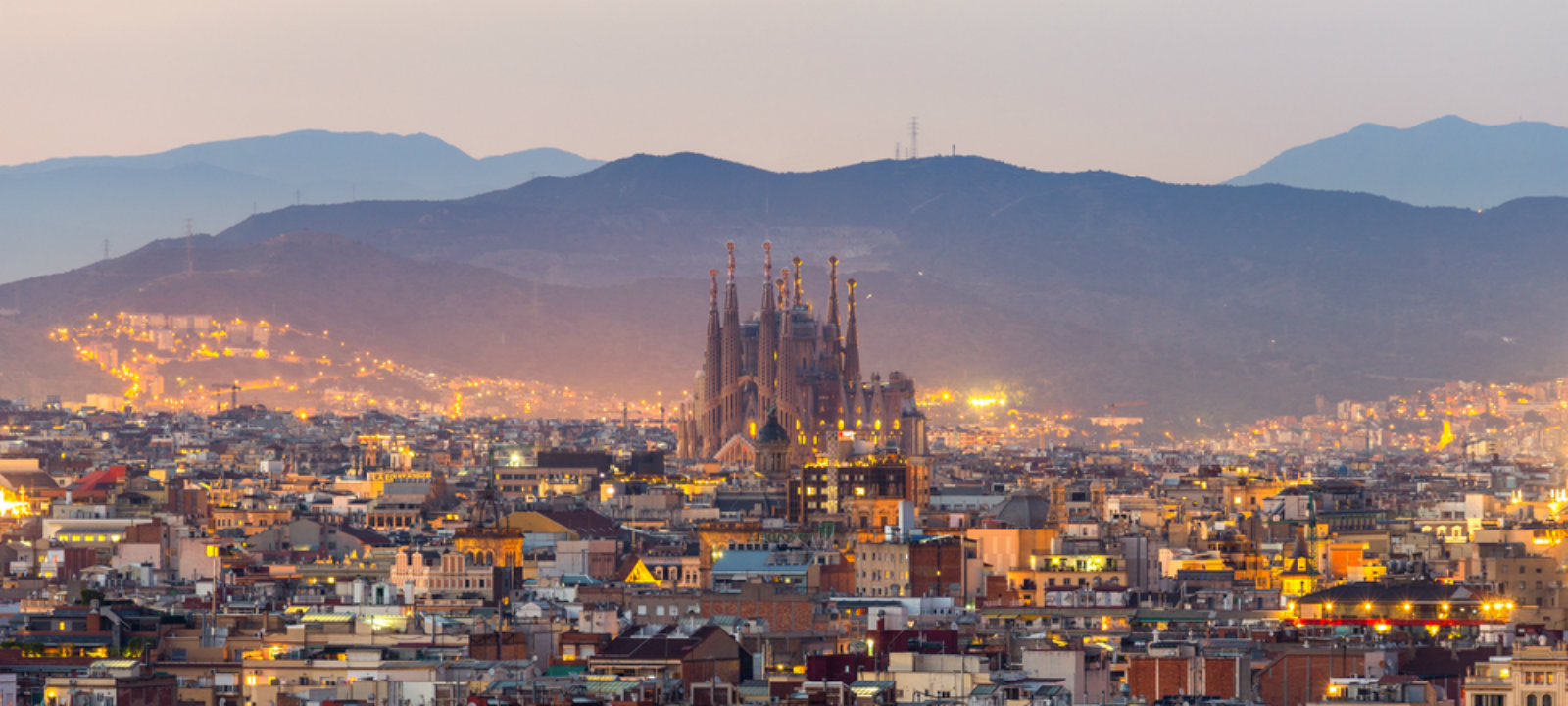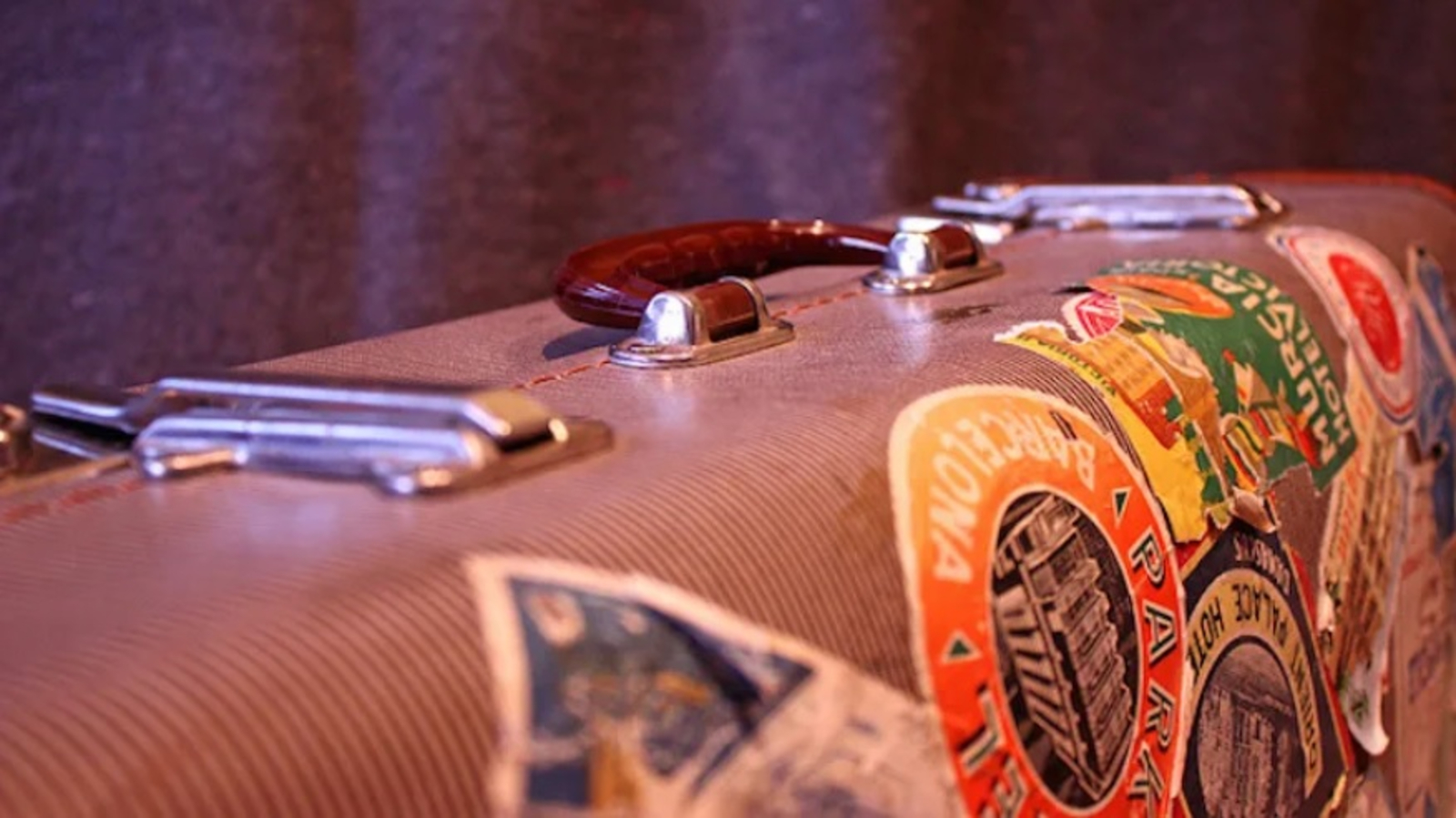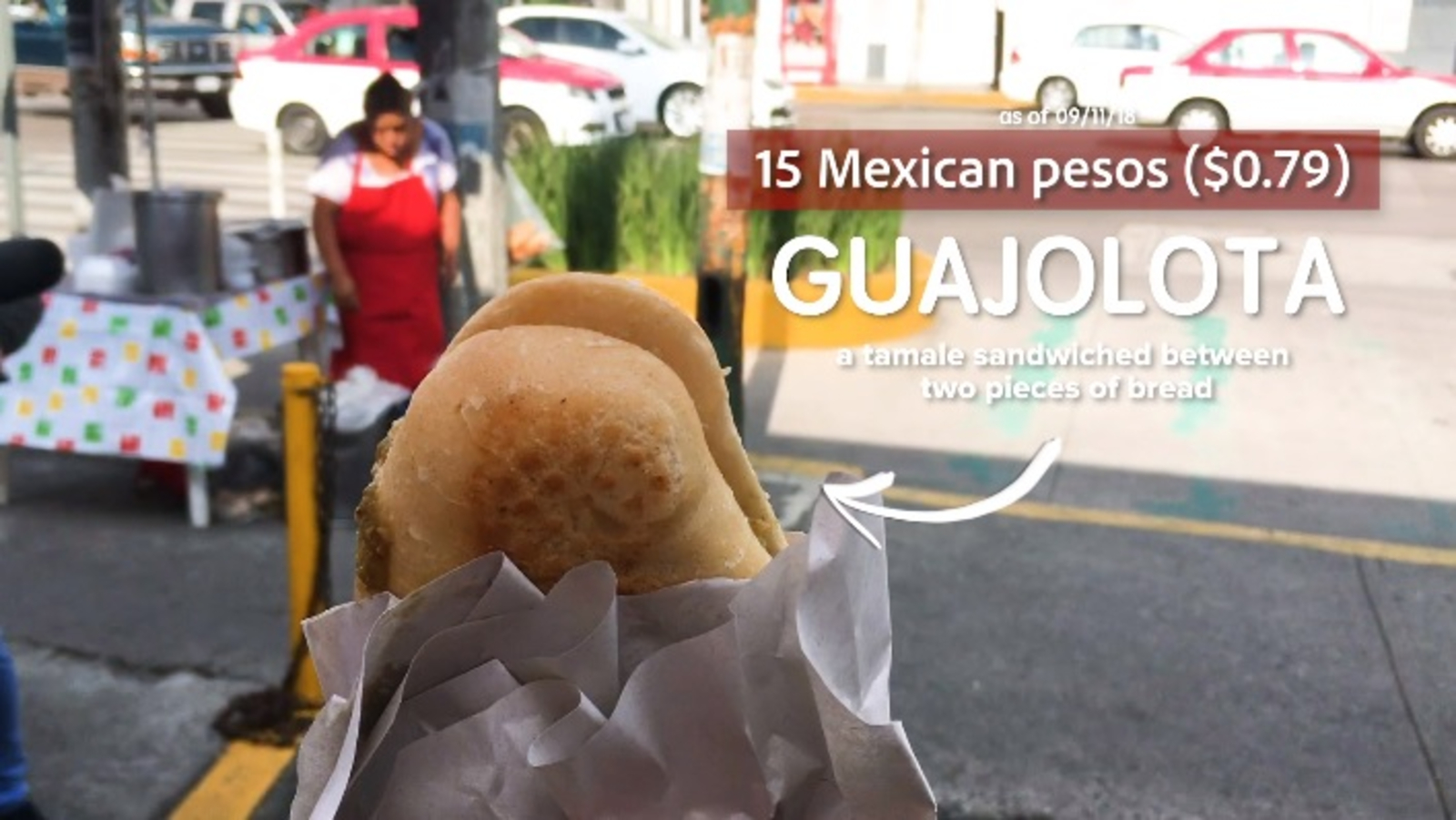We seldom think of what effect the seasons have on us, other than in terms of whether we’re dressed in winter clothes or rushing to the beach. But, in fact, the seasons actually affect us in core ways…and we’re talking about an impact that can go right down to our DNA, according to a fascinating study cited by Wired.Daylight affects our bodies and minds more than we could possibly imagine, LiveScience reports. “There is evidence of seasonal peaks in suicides, which occur more frequently in summer, and birth rates, which also tend to peak in spring and summer.”
But the sun is supposed to make us feel better, isn’t it? Well, yes. There’s compelling evidence that seasonal affective disorder (aptly acronymed SAD), where people experience severe mood swings due to a lack of natural light, is a very real phenomenon. But at the same time, sometimes sunlight can actually lead to a higher risk of suicide, a JAMA Psychiatry study suggests. "The authors speculate that sunlight could boost energy and motivation, thus giving people who are depressed the ability to take action and make a suicide attempt," Harvard professor of psychology Matthew Nock explains.
So at the end of all of this, we’re supposed to avoid the change of season? Of course not. Variety is essential. Homogeneity is boring. That’s essentially what vacations, and travel, are all about.














